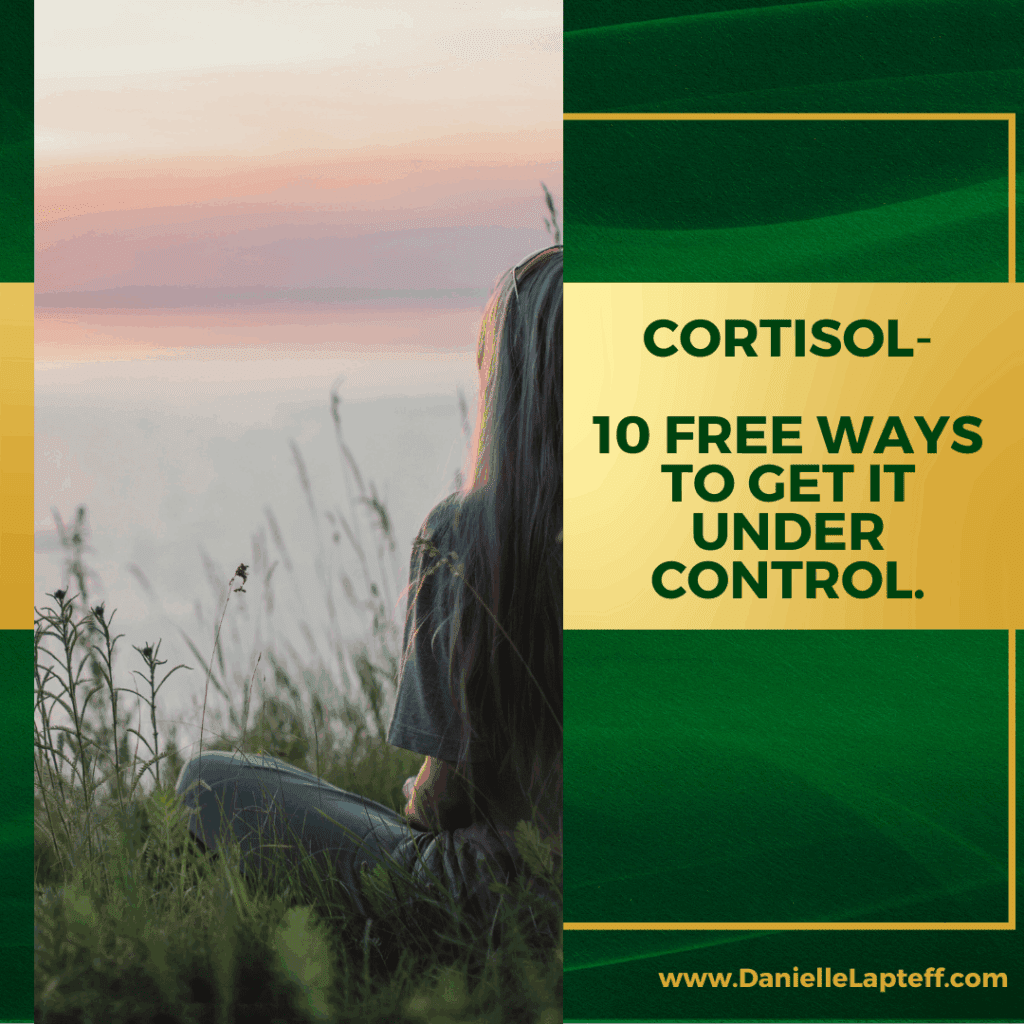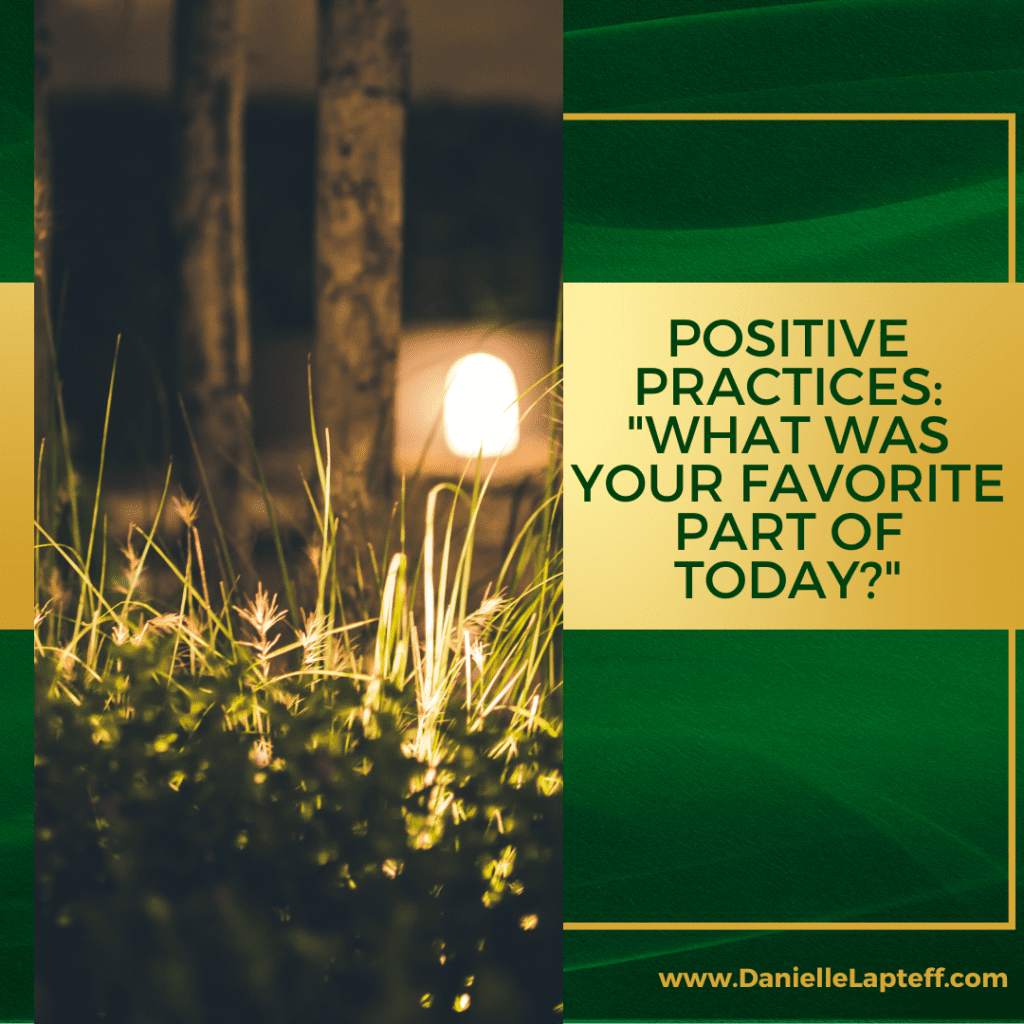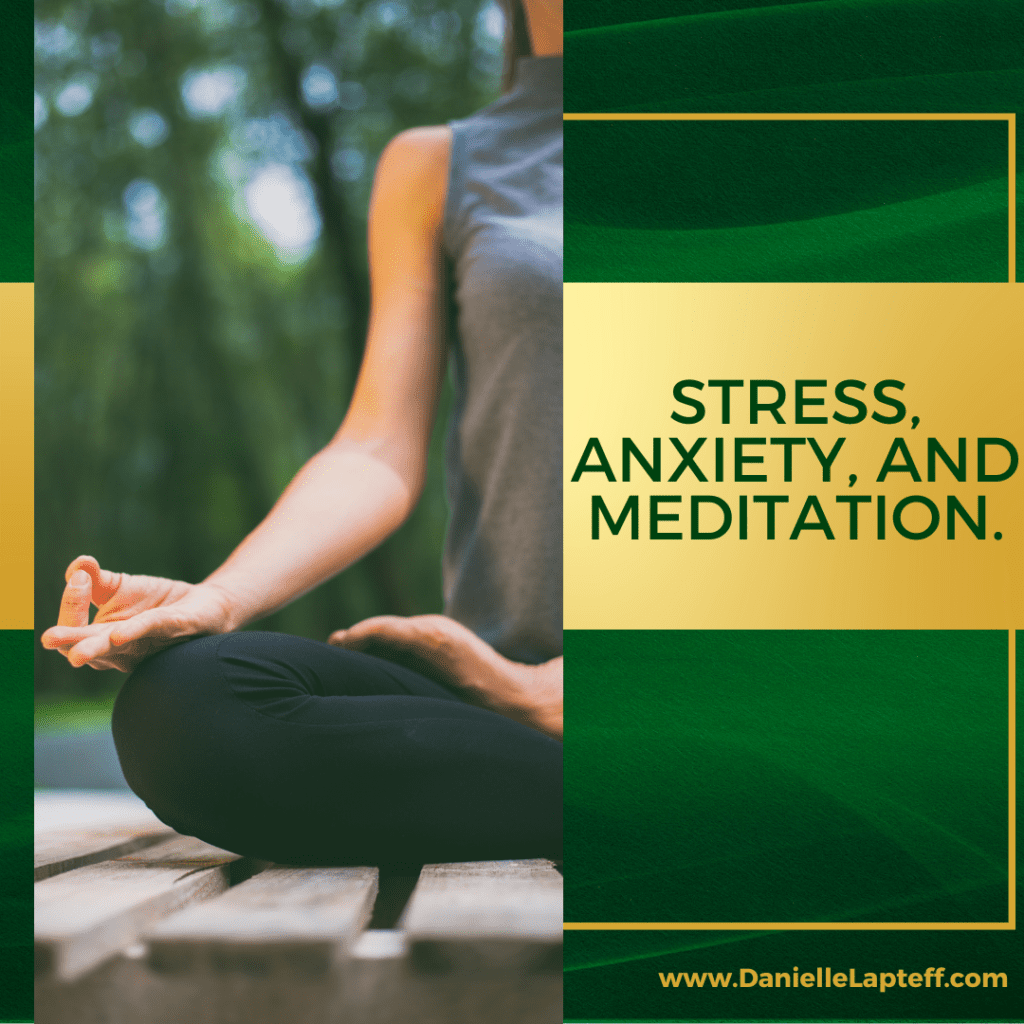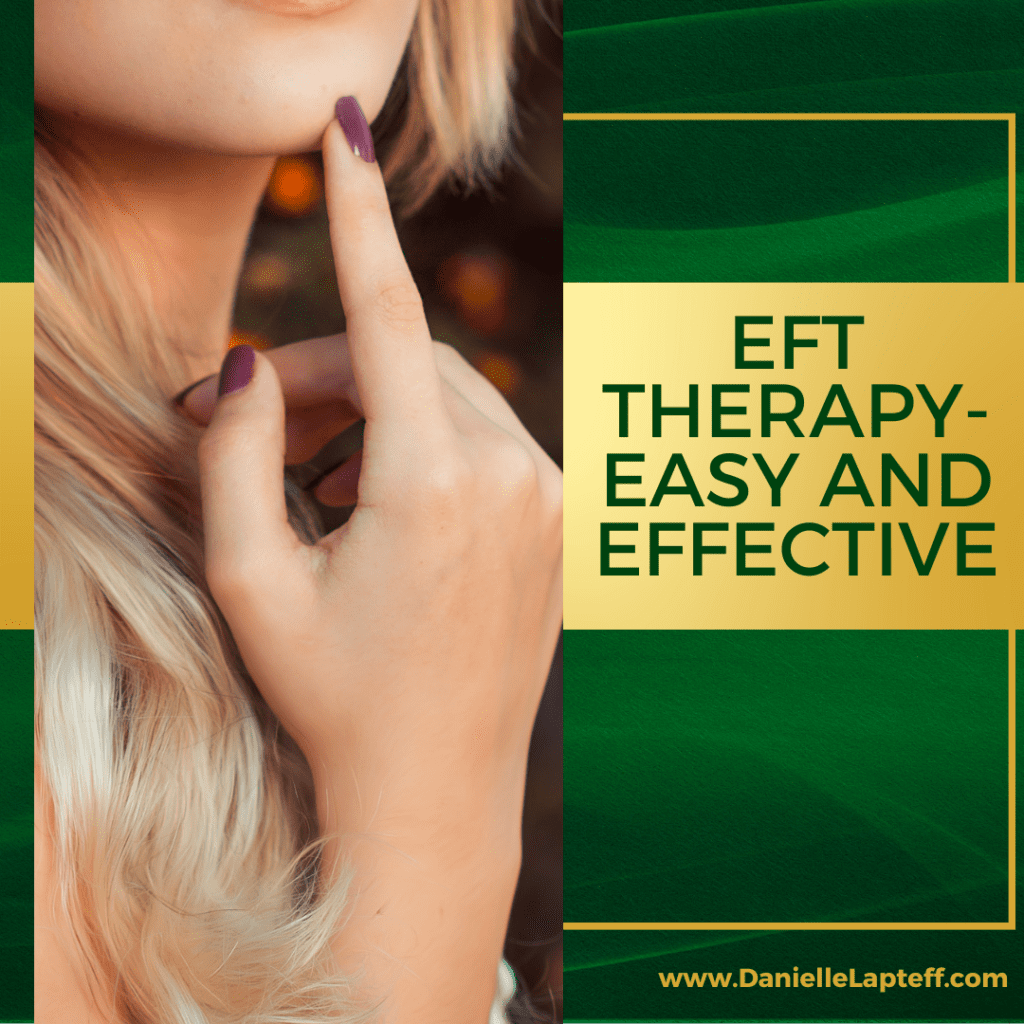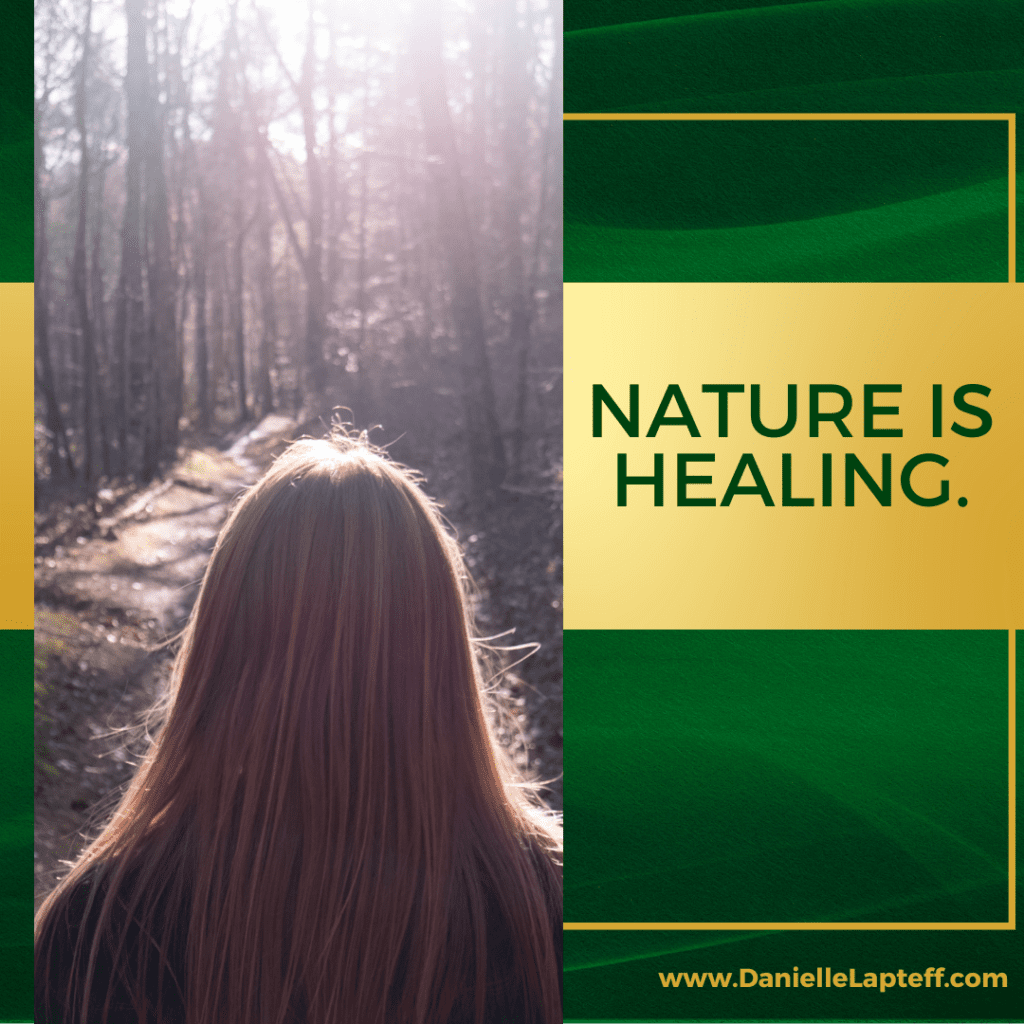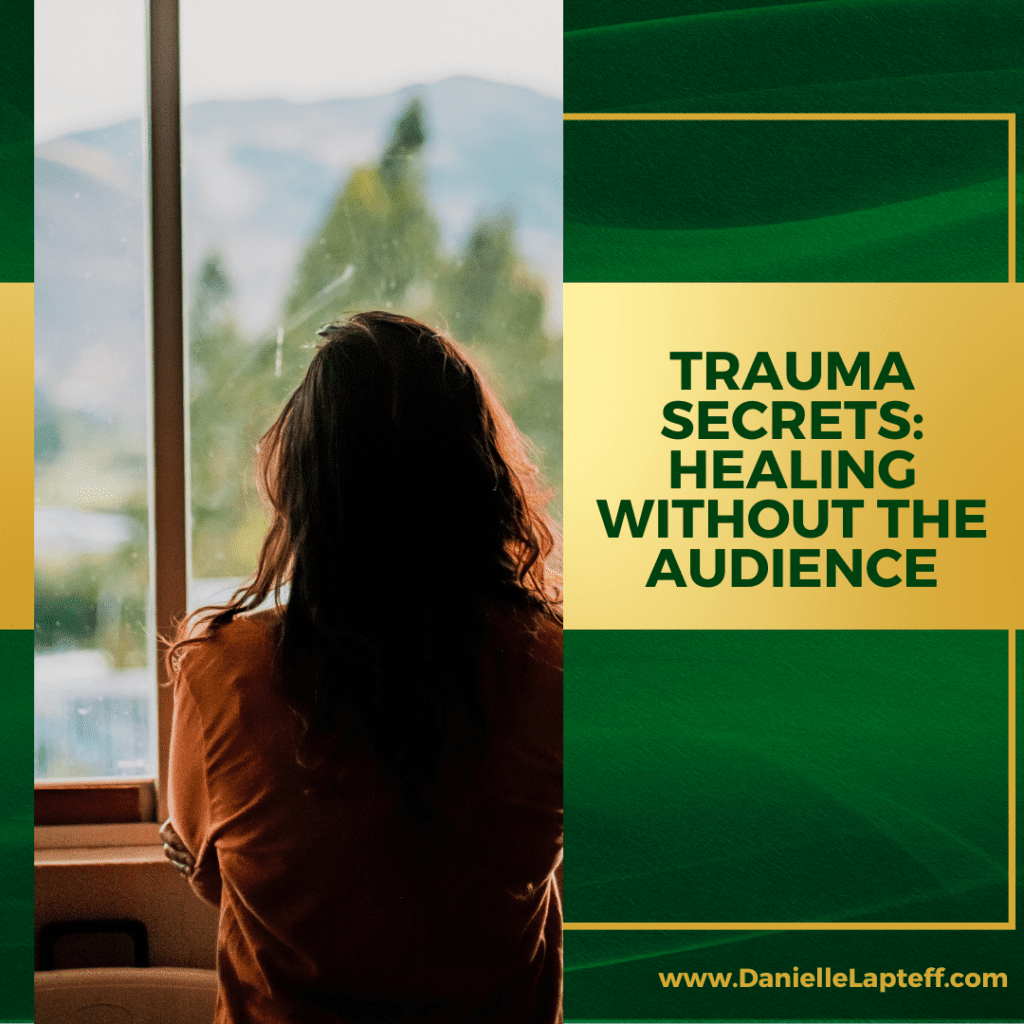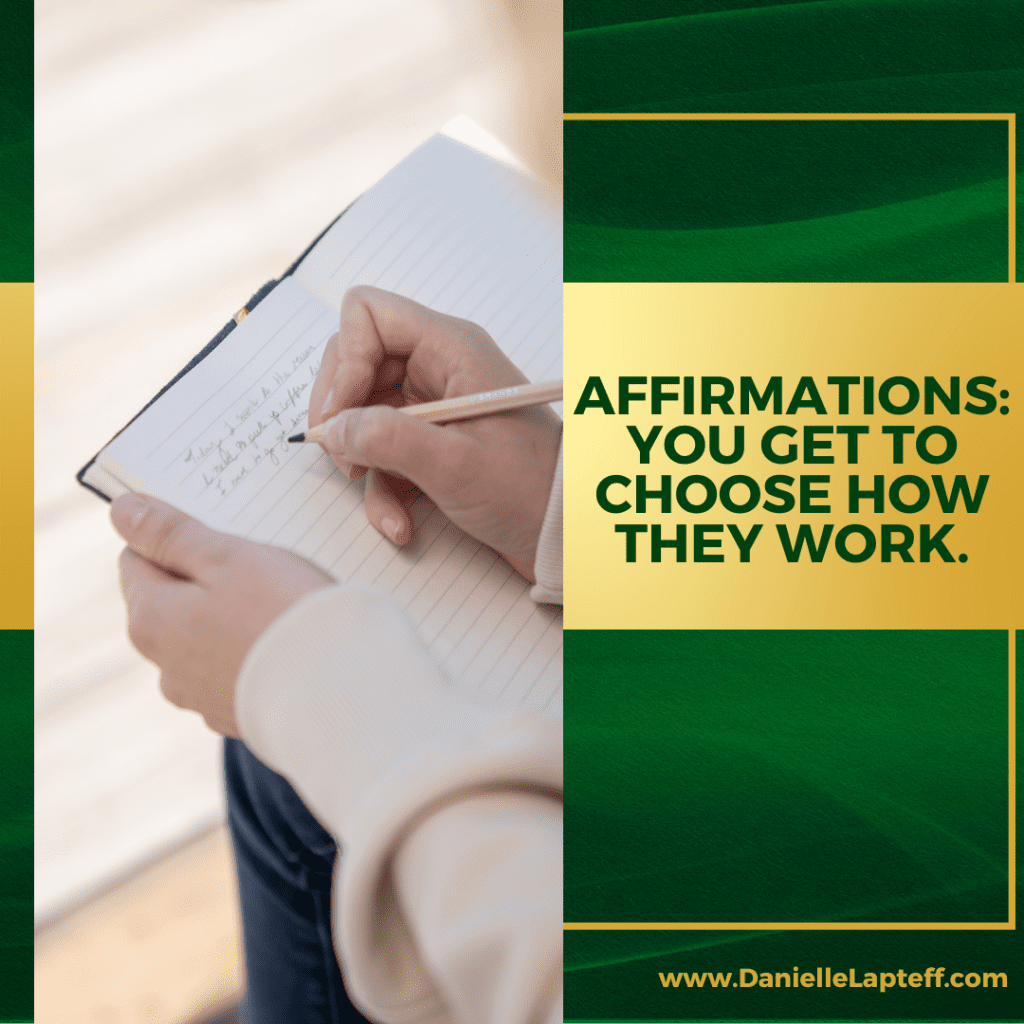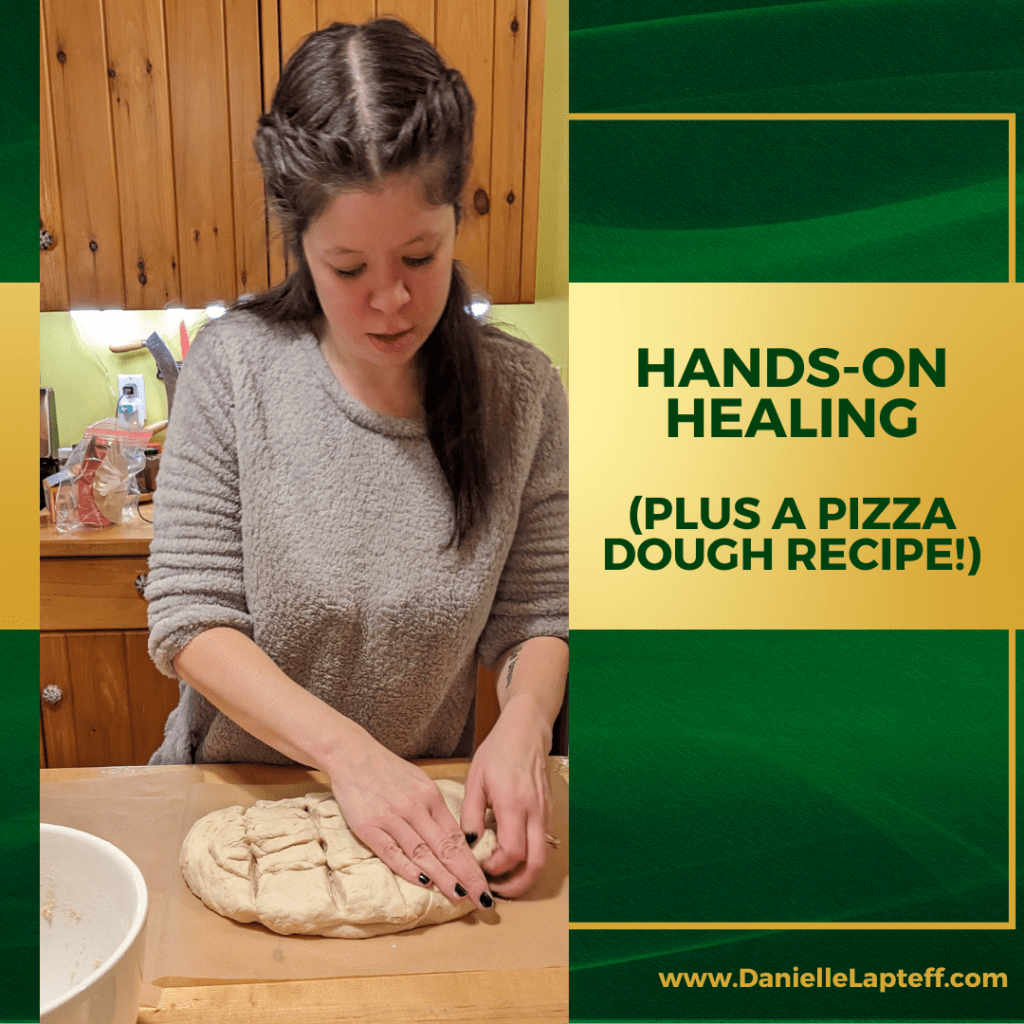I posted a video training in my facebook group yesterday about cortisol… What it is, some of the cons of it getting to high, the benefits of having it ballanced, and of course, some free ways to get it in check so that you can go on to live your healthiest and happiest life. And as always, I wanted to share a written version here as well. So let’s get to it.
What is it?
Cortisol is a steroid hormone produced by your adrenal glands, located above your kidneys. Often called the “stress hormone,” it is released in response to stress and has many essential functions in the body, including regulating metabolism, controlling blood sugar, reducing inflammation, and helping manage your sleep-wake cycle.
Why Should We Pay Attention?
While cortisol is vital for survival—helping us respond to threats and maintain energy—chronically high cortisol can be harmful. Your body naturally keeps cortisol in balance, but ongoing stress, poor sleep, and unhealthy habits can push levels too high for too long.
Benefits of Lowering Cortisol
- Improved sleep quality
- Better mood and emotional stability
- Stronger immune system
- Healthier weight management
- Lower risk of chronic diseases like hypertension, diabetes, and heart disease
Cons of High Cortisol
Prolonged high cortisol can lead to:
- Anxiety, depression, and mood swings
- Weight gain (especially around the abdomen)
- High blood pressure
- Weakened immune function
- Sleep disturbances
- Memory and concentration problems
- Increased risk of chronic diseases (e.g., type 2 diabetes, osteoporosis, heart disease)
And now for the good stuff…
10 Easy, Affordable Ways to Lower Cortisol
- Eat a Balanced Diet: Focus on whole foods: fruits, vegetables, whole grains, lean proteins, and healthy fats. Limit added sugars and processed foods, which can spike cortisol.
- Get Regular Exercise: Engage in low- to moderate-intensity activities like walking, yoga, swimming, or cycling. Avoid overtraining, which can actually increase cortisol.
- Prioritize Good Sleep Hygiene: Aim for 7–9 hours of quality sleep per night. Keep a consistent sleep schedule and create a restful environment.
- Practice Deep Breathing or Meditation: Techniques like diaphragmatic breathing, meditation, or mindfulness can activate your relaxation response and lower cortisol.
- Limit Caffeine and Alcohol: Excess caffeine and alcohol can raise cortisol and disrupt sleep. Try to limit intake, especially in the afternoon and evening.
- Laugh and Have Fun: Laughter and enjoyable activities (like hobbies, music, or time with friends) help reduce stress and lower cortisol.
- Connect with Others: Social support from friends, family, or support groups can buffer stress and help regulate cortisol.
- Spend Time in Nature: Activities like walking in a park, sitting under trees, or even just walking barefoot on grass can reduce stress and lower cortisol levels. This helps emotional well-being, and brings the body’s stress response down naturally.
- Try Journaling: You know I can’t get through a training without recommending journaling. But seriously, writing down your thoughts, practicing gratitude, or talking to a therapist can help process stress and lower cortisol.
- Stay hydrated: Stay hydrated by drinking enough water throughout the day. Dehydration is a physical stressor that can increase cortisol production, even if you don’t feel thirsty. Making sure you drink adequate water helps your body manage stress more effectively and can support lower levels. (Just don’t overdue it and end up messing up your electrolytes!)
To sum up…
Lowering cortisol is about building healthy, sustainable habits. Small daily changes—like eating well, moving your body, sleeping enough, and connecting with others—can have a big impact on your stress levels and overall health. It’s something anyone can do as long as you’re willing to put in a little effort. I promise you, it’s worth it!
And of course, a reminder that if you need a little extra support, I’m your girl. I offer one on one coaching as well as a free facebook community for support. You can check get more info by clicking the links. (And of course feel free to reach out to me with any additional questions!)
